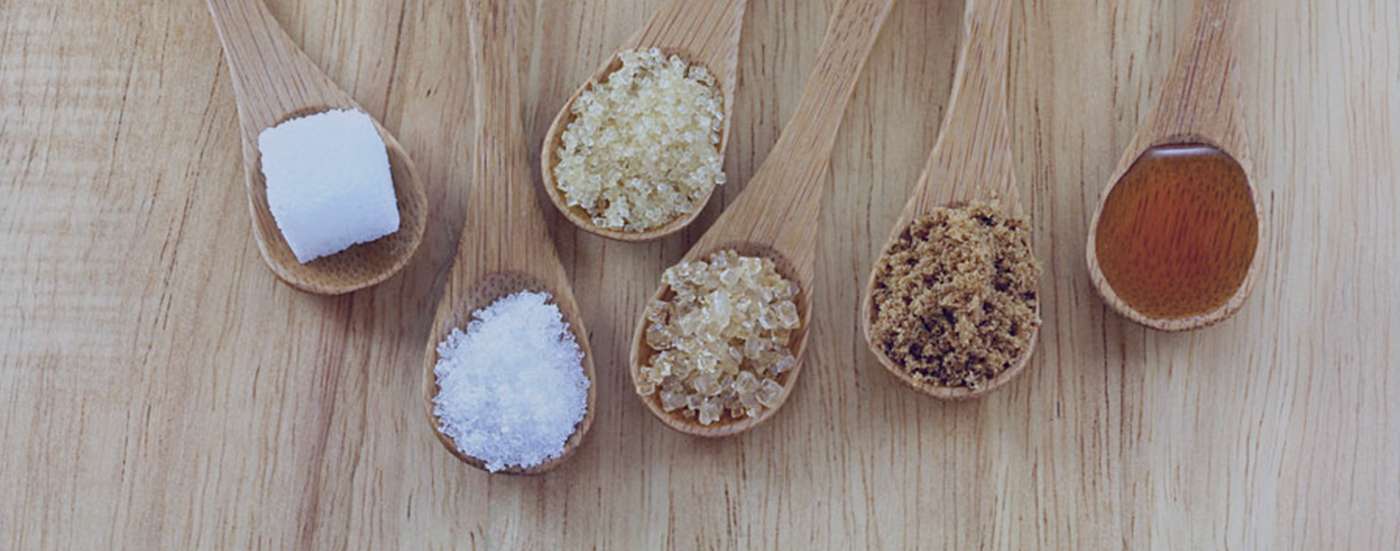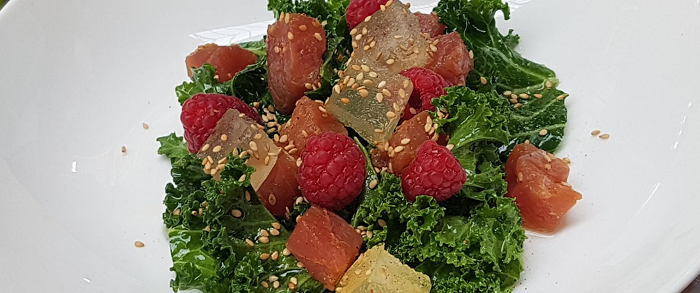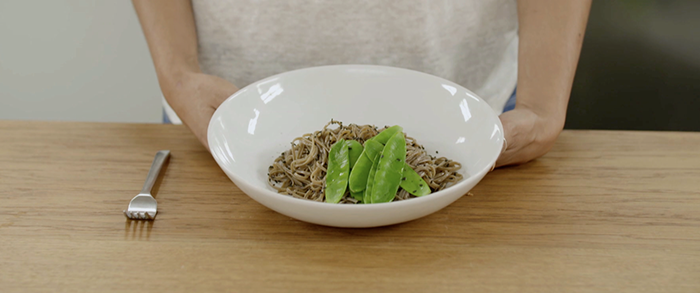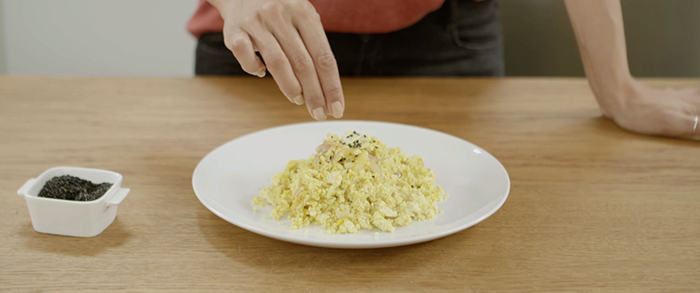
Mucho se ha hablado últimamente sobre el azúcar y sus ventajas e inconvenientes para nuestra salud. Al igual que sucede con la gran mayoría de los alimentos que consumimos, el azúcar o sacarosa no es malo si lo tomamos de forma moderada, sin caer en excesos, como recomienda la Sociedad Española de Nutrición Básica Aplicada (SENBA), que añade la importancia de mantener una dieta equilibrada y practicar ejercicio físico.
Recordemos que el azúcar, además de potenciar el sabor de los alimentos, aporta energía al organismo, necesaria para el buen funcionamiento tanto de nuestro cerebro como de los músculos y tejidos. Si bien, abusar de la sacarosa puede tener efectos adversos para el cuerpo ya que su ingesta reduce las ganas de comer alimentos nutritivos, incurriendo así en carencias alimenticias. Por otro lado, asociado al elevado consumo de azúcar se topan algunas de las enfermedades más problemáticas del siglo XXI, como la diabetes, la hipertensión, la obesidad, el cáncer o el alzheimer, entre otras. Por ello debemos ser cautos y, sobre todo, tener consciencia de los pros y contras de este delicioso aditivo.
En esta línea, pensando en aquellas personas que se decantan por sustitutivos del azucar naturales menos peligrosos para el organismo, vamos a enumerar algunos sucedáneos. Comenzamos con la stevia, una planta que cuenta con hojas más dulces que el azúcar, es originaria de Sudamérica y presenta pocas calorías. Dispone de un principio activo conocido como esteviósido, que funciona a modo de hipoglucimiante, y tiene un efecto hipotensor.
Otro producto interesante a la hora de aportarnos el dulce que tanto nos gusta es la miel, el endulzante natural más antiguo, compuesto por una mezcla de glucosa y fructosa, así como por ligeras cantidades de vitaminas, minerales, aminoácidos libres y proteínas. Se trata de un alimento muy calórico, pero que funciona estupendamente como fuente de energía, de ahí que muchos acompañen sus desayunos de miel, para arrancar con fuerza el día. El concentrado de manzana es otra alternativa, se logra cocinando a fuego lento el zumo proporcionado por esta fruta.
Más opciones son el jarabe de malta o de cebada, que es la mitad de dulce que el azúcar blanco; el sirope de agave, conseguido a raíz de un cactus típico americano y empleado por incas y aztecas desde tiempos inmemoriales; el jarabe de arroz integral, que presenta un sabor similar al caramelo y aporta nutrientes a nuestro organismo; o incluso el famoso sirope de arce con el que los americanos rocían sus tortitas y helados, es propio de un árbol natural de Canadá y los países nórdicos y consiste en un endulzante delicioso que cuenta con proteínas y minerales importantes, como el calcio, magnesio o potasio.
Hay quienes prefieren decantarse por el azúcar integral, obtenido de la miel de caña, o incluso por el azúcar de coco, muy presente en los platos de las regiones asiáticas. Este último contiene un bajo índice glucémico y altos niveles de minerales y vitaminas, de hecho la Comisión para la Agricultura y la Alimentación del Banco Mundial (FAO) lo considera uno de los edulcorantes más sostenibles del planeta, al provenir de un árbol que es beneficioso para el ecosistema natural.
Pese a que existen sustitutivos naturales como los mencionados, actualmente el azúcar se consume en más de cien países del mundo, alcanzando las 120 millones de toneladas, una cifra que no deja de aumentar, por lo que cada vez hay una mayor concienciación por parte de organismos internacionales, que tratan de evitar que las pandemias de este siglo continúen ganando la batalla.


